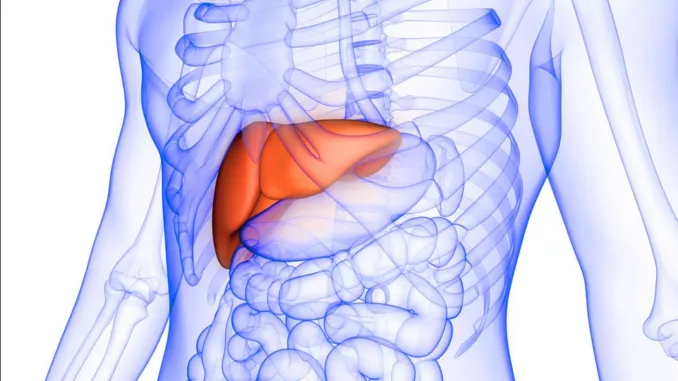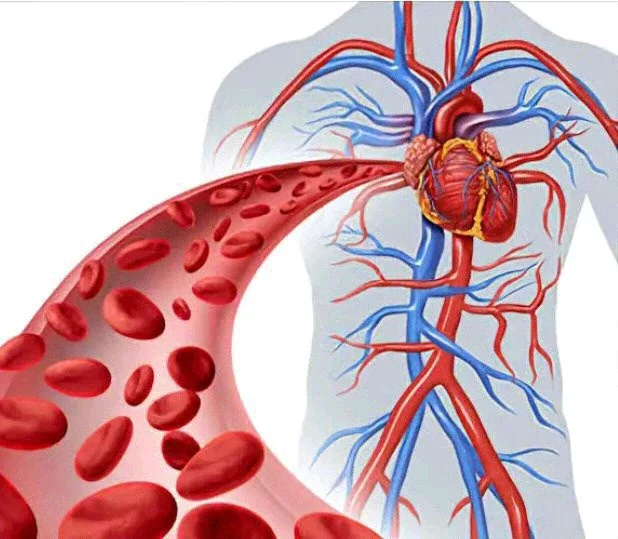Waking up with a mouth odour, commonly referred to as morning breath, is a common and unpleasant experience that many people face. It can be embarrassing and may affect our interactions with others in the morning. But why does this occur, and what can be done to combat it? Let's delve into the possible causes and solutions.

1. Reduced Saliva Production: Saliva plays a crucial role in maintaining oral health. It helps to cleanse the mouth by washing away food particles and neutralizing acids produced by bacteria. During sleep, saliva flow decreases significantly, leading to dry mouth. According to Healthline, This dryness creates an ideal environment for bacteria to flourish and produce foul-smelling compounds, contributing to morning breath.
Solution: Stay hydrated throughout the day, and consider keeping a glass of water by your bedside. Drinking water upon waking can help moisten your mouth, stimulating saliva production and reducing dryness.
2. Accumulation of Bacteria: The mouth is host to various bacteria that tend to multiply while we sleep. These bacteria break down leftover food particles and release volatile sulfur compounds (VSCs), which produce the characteristic smell associated with morning breath according to medicalnewstoday
Solution: Practicing good oral hygiene is essential to reduce bacterial growth. Brush your teeth twice a day using a fluoride toothpaste and a soft-bristle toothbrush. Don't forget to clean your tongue as bacteria can accumulate there too. Flossing before bed can also remove bacteria and food debris from between your teeth.
3. Poor Oral Health: If you neglect regular dental care, gum disease and dental decay can develop, leading to persistent bad breath. These dental conditions provide an ideal environment for bacteria to thrive, causing chronic odour.
Solution: Schedule regular dental check-ups and cleanings to maintain good oral health. A professional dental cleaning can remove tartar and plaque buildup that regular brushing may miss. Your dentist can also identify any signs of gum disease or tooth decay early on, preventing further complications.
4. Sinus or Respiratory Infections: A stuffy nose due to sinus or respiratory infections can force you to breathe through your mouth while sleeping. This mouth breathing can dry out your oral tissues and reduce saliva flow, contributing to morning breath.
Solution: Address the underlying sinus or respiratory infection by seeking medical attention. Steam inhalation, saline nasal sprays, or prescribed medications may help relieve congestion and allow you to breathe more easily through your nose.
5. Certain Foods and Drinks: Consuming certain foods and drinks, especially those with strong odours, can result in temporary morning breath. Foods like garlic, onions, and strong spices contain volatile compounds that can linger in the mouth overnight, causing bad breath.
Solution: Avoiding these foods before bed can help reduce the intensity of morning breath. If you still wish to enjoy them, ensure thorough brushing and rinsing with mouthwash afterward.
6. Acid Reflux: Gastroesophageal reflux disease (GERD) or acid reflux can cause stomach acid and partially digested food to flow back into the mouth, leaving a sour or bad taste and odour in the morning.
Solution: To alleviate acid reflux symptoms, try avoiding large meals, fatty or spicy foods, and carbonated beverages before bedtime. Elevating the head of the bed can also help keep stomach acid down.
















Comments